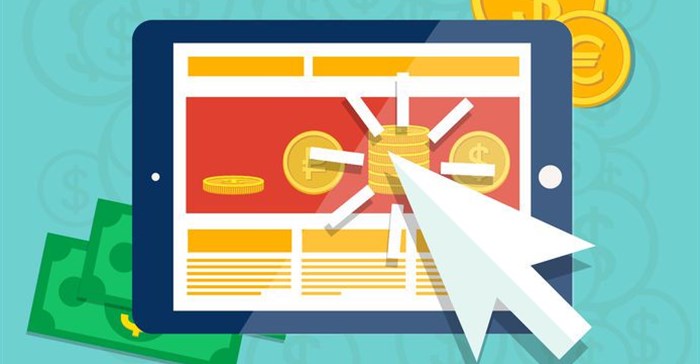






The last one on that list is the worst of the bunch. The first two are total speculation. 500,000 listeners may have heard your ad on the radio this morning. 230,000 subscribers may have seen your ad in the magazine yesterday. The truth is probably not.
Clicks however can be measured – and that's why it's the worst because now the bean-counters have something to count. Remember how excited everyone got over big data? If you buy into it then you only need to run one campaign or even a single ad with a successful result and you’ll never need to renew or rethink the campaign because it worked so well the first time, it will work as well again (according to the data).
Reductio ad absurdum? Maybe. There is one truth though. Advertising is an art; not a science. If it were a science, we’d be able to replicate results with certainty each time. We’d have proofs and theorems and predictable outcomes.
Of course, if you still believe big data is the way forward, then you have no understanding of the human condition. You're ignoring the myriad of variables (emotional, lifestyle, coincidental) that motivate a human being's thoughts and actions. That's a short-sighted view and the only reason you could possibly have that dim regard for humanity is because you're probably a cyborg who was activated a minute ago. Welcome to earth.
Wait... clicks tell you how effective an ad was right? No. Clicks tell you nothing other than someone clicked your ad. That's all. They tell you that maybe someone was curious and clicked. Maybe someone was bored and clicked. Maybe someone clicked your banner accidentally. Maybe someone got confused and clicked. That's it. Someone clicked. Why they clicked? That's a mystery – and because we can never really confirm the actual reason, we assume based on our bias.
No one cares about your ad. That's why we have DVR, Netflix, iTunes and HBO. That's why we have pop-up blockers and spam filters. No one cares about your ad or your product – with two notable exceptions.
The first is when they actually need your product. The second is when you make them care about your brand. You can't do much about the first except to make sure you're listed on Google, your sales people are on point, and the reviews online about you are good. Pro tip: don't make rubbish products or offer sub-par service. The second one though... that's where you can steal a march on the competition because it’s the second one that can lead to the first one.
Make people care. You can't optimise for caring. You can't programme it. You can't use keywords for it. What you can do is tap into the human truth of your brand message and cut through to the emotional core of your consumer in a way that's not patronising or cheesy. What you can do is demonstrate your brand promise even when they're not actively thinking about you. What you can do is realise that the consumer doesn't care how much you spent on your little click – through web-banner campaign. The consumer cares what you're going to do with their attention for the next 30 seconds to two minutes. Don't waste the consumers' time or you’ll find they won't spend a penny on you and your brand.
So, if sincerity and relevance make up the inside track, why isn't everyone on it? The answer is because it's neither easy nor is it measurable. There's no metric for it. In a world where economic efficiency is everything, emotional efficacy is ignored. That in itself is a tragedy and you only have to look at how much clutter is out there to see how bad things are. If you're going to spend money on advertising or marketing, skew your budget towards work that moves people's hearts and it will move their hands to their wallets as well. Anything else would be a waste.